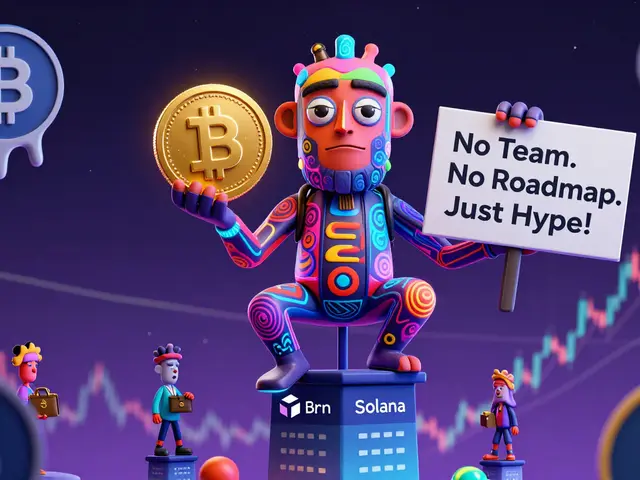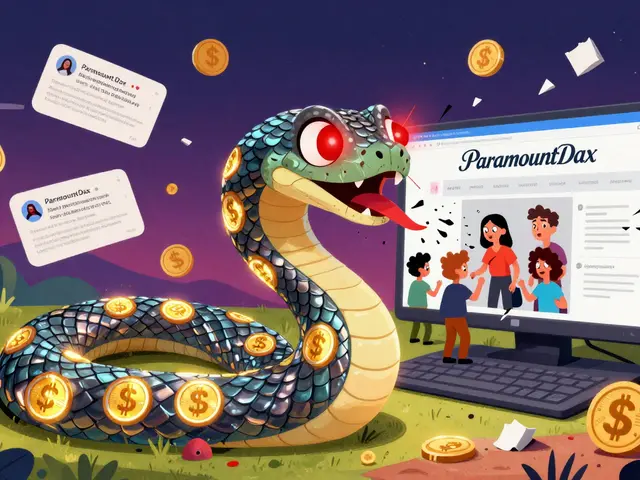Licensed Crypto Exchange Indonesia: What You Need to Know Before Trading
When you trade crypto in Indonesia, you’re not just picking a platform—you’re choosing whether your money is protected. A licensed crypto exchange Indonesia, a digital asset platform officially registered and monitored by Indonesia’s financial regulator. Also known as a BAPPEBTI-approved exchange, it’s the only type of platform that must follow strict rules on customer funds, anti-fraud checks, and reporting. Unlicensed platforms might offer lower fees or no KYC, but they operate in the dark. If they vanish tomorrow, you have no legal recourse.
That’s why BAPPEBTI, Indonesia’s Commodity Futures Trading Regulatory Agency matters. They don’t just issue licenses—they require exchanges to keep customer assets separate, run regular audits, and block suspicious activity. Without this, your Bitcoin or Ethereum could disappear with no trace. In 2024, over 30 exchanges applied for licensing. Only 12 made the cut. The rest? They’re still operating illegally, even if they look professional.
It’s not just about safety. Licensed exchanges in Indonesia also support IDR deposits and withdrawals through local banks. That means faster, cheaper trades without needing third-party gateways. They also report taxes correctly, so you don’t get caught off guard by the tax office. And if something goes wrong—like a hack or a withdrawal delay—you can file a complaint with BAPPEBTI and actually get a response.
But here’s the catch: being licensed doesn’t mean a platform is perfect. Some licensed exchanges still have slow support, limited coin choices, or confusing interfaces. Others are well-run but charge higher fees to cover compliance costs. You still need to compare them. Look at trading volume, user reviews, and whether they list coins you actually want to trade—not just ones that sound flashy.
The good news? Indonesia’s rules are getting tighter. More people are learning the difference between a real exchange and a shell company. That’s why the posts below cover real examples: platforms that made the cut, ones that got shut down, and what to watch for when you’re signing up. You’ll find reviews of exchanges that actually follow the law, guides on how to verify a license, and warnings about scams pretending to be registered. No fluff. Just what you need to trade without losing your money.










